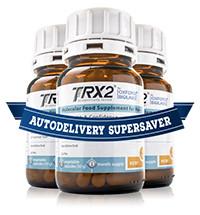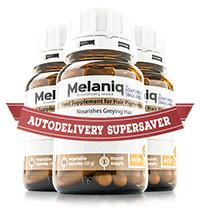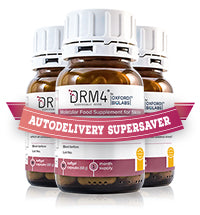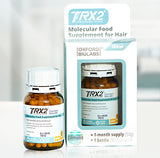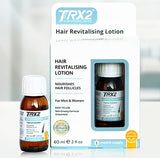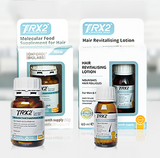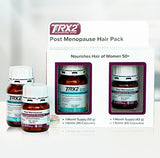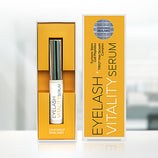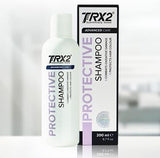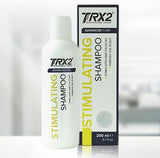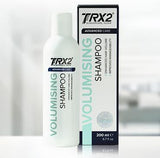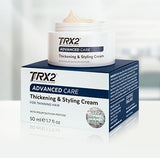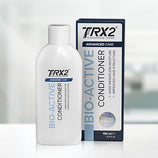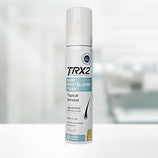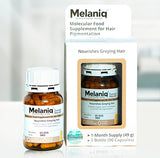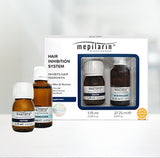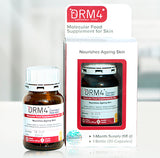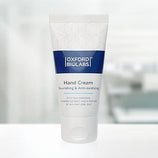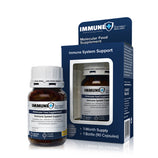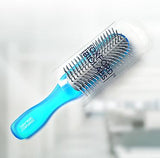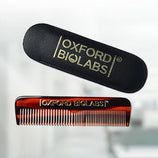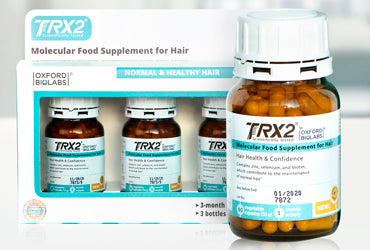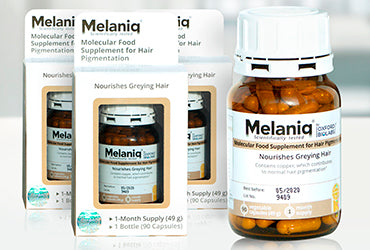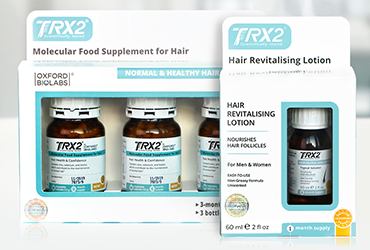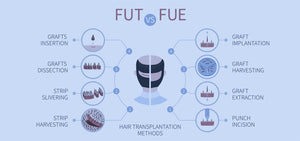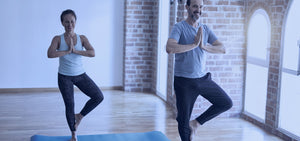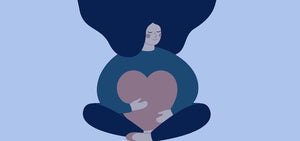How to stay healthy this Christmas
The smell of a freshly cut Christmas tree and cinnamon coffee brewing on the stove. Winter is the best season for cozying up next to a warm fireplace and enjoying the company of friends and family. With the Holiday Season already upon us, it’s important to reflect upon the past year and set goals for the new year. One of those goals should be improving health, confidence, and wellness.
But why wait for the New Year to improve one’s life? Change begins with a choice. This Holiday Season everybody has a choice to drink less alcohol, eat less bad food, and de-stress in a timely manner. Kick off the New Year with a healthy mind and body, Oxford Biolabs® will show you how!
The Christmas diet and hair loss
The end of the calendar year is almost here. All year long people have been counting calories, watching their diets, and working out religiously. Others haven’t been as health conscious, but everyone wants to unwind after a long year of work and travel. However, those Christmas puddings, hams, and gravies can negatively affect one’s hair and overall health.
Proteins
By limiting the amount of red meat one eats and increasing the intake of good proteins, there are several advantages for hair. Proteins are made up of amino acids, like BCAAs, which make up the building blocks of keratin. Keratin is a protein that is found in hair, nails, and skin. In hair, keratin is the backbone of the hair follicle, so without it hair is limp and lifeless. Meats also contain L-carnitine, which has been clinically shown to make hair grow faster, and stronger.
Source of good proteins:
- Lean meats (chicken, turkey)
- Quality dairy products (yogurt, cottage cheese)
- Nuts (peanuts, almonds)
- Seeds
- Legumes
- Eggs
Fats
Fried foods and saturated fats should be eaten in extreme moderation, as excess consumption of these types of foods can lead to high cholesterol and eventually metabolic syndrome. Metabolic syndrome is a complex of 5 diseases which include obesity, high blood pressure, elevated glucose levels, high “bad” cholesterol, low “good” cholesterol. A British study demonstrated a direct link between metabolic syndrome and the severity of hair loss.
Good fats like omega-3 and omega-6 fatty acids are also important for skin health. Because they are used to form the outer layer of skin, a deficiency in these could set the stage for hair loss.
Sources of good fats include:
- Fish
- Seeds (sunflower, flax)
- Wheat sprouts
- Eggs
- Olive oil
Carbohydrates
Carbohydrates in the form of highly processed foods, especially in combination with high sugar content, may be an indirect cause of hair loss. The typical Western diet is high-glycemic, which often causes insulin resistance. If cells become resistant to insulin and fail to react when sugar is present in the bloodstream, this may lead to elevated blood sugar, and eventually type 2 diabetes. Insulin resistance has been directly linked to hair loss, so one should be more conscious of overloading on breads, cakes, and simple sugars.
A diet high in sugar also stimulates the production of sebum (the oil that forms on skin). Many microorganisms feed off of sebum and release byproducts that irritate the skin and may lead to inflammation.
Sources of complex carbohydrates with low-glycemic load:
- Whole grain breads, pastas
- Brown rice
- Low-glycemic vegetables and fruits
Alcohol intake and its effect on hair
Social drinkers and those that drink in moderation shouldn’t be worried about losing hair after a few glasses of wine or beer. Binge drinkers, however, need to think twice before opening that second bottle of wine this Christmas.
Binge drinking is extremely detrimental to the body. Almost every organ is affected, and the negative effects don’t stop there. The consequences of excessive drinking are even more far-reaching, having a social impact on entire families and communities. And yes, binge drinking has been shown to make hair thinning worse. In a study done on twins, alcohol consumption was found to be associated with increased hair loss.
Alcohol is also high in calories, so alcoholics often eat poorly. Most don’t get enough vitamins and minerals as it is, but alcohol makes nutrient deficiencies worse. Alcohol is well-known for inhibiting the absorption rate of many vitamins, especially the B vitamin family. Apart from impeding Biotin, severe alcoholism may lead to Wernicke-Korsakoff syndrome which causes brain atrophy, memory loss, and a host of other nasty symptoms.
Hair loss caused by Holiday stress
Whether caused by deciding what present to buy whom, or end of semester exams, stress is a big factor in hair thinning. In 2017, the first study of its kind established a link between stress and hair biology. The women in the study had more hair fall during exam season than periods without exams, showing that having a way to deal with stress can save hair.
The other kind of stress, oxidative stress (caused by free radical damage) also plays a role in hair loss. Premature hair shedding from oxidative stress can be caused by too much sun exposure, inflammation, infection, and emotional/physical stress. So if this Holiday Season one doesn’t de-stress and relax to the fullest, the combination of oxidative and regular stress can work in tandem to deprive one of full, healthy hair.
Conclusion
To keep Christmas and New Year full of cheer and liveliness, making adjustments to diet and lifestyle choices is pertinent. Hair loss supplements help, but nothing can replace a varied diet with plenty of quality proteins, fats, carbs, and vitamins/minerals. This Holiday Season keep fatty foods and alcohol in moderation, and find a way to cope with stress because a clear mind and healthy body are two of the most important things in life. Best wishes from Oxford Biolabs®!
